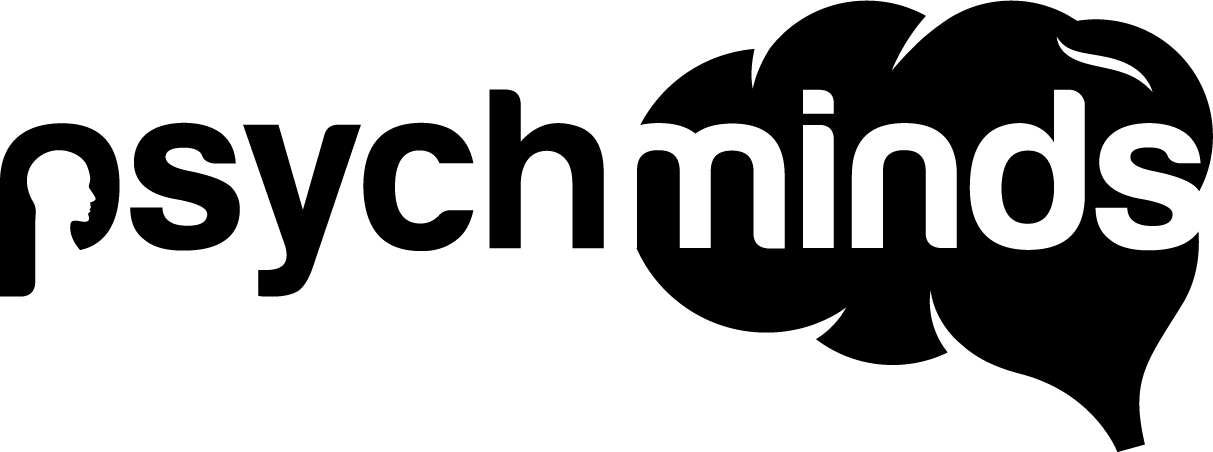It can be a very daunting task to find a therapist online who is right for you. There is a myriad of options out there which can make it very difficult to choose. A starting point could be getting personal recommendations from family or friends. However, if you want to keep your journey private or the people you have asked cannot provide a recommendation, you may find yourself doing a Google search and being presented with pages and pages of potential therapists. Below are some pointers based on practical as well as personal considerations to make the selection process that bit easier.
Practical Considerations
Insurance Coverage
If you have insurance, it is worth checking what is covered with regards to therapeutic services. Perhaps certain clinics are already selected, as well as the number of hours that are covered. This can automatically narrow down the selection process making it less overwhelming.
Packages
It is important to check not only the hourly rate of therapeutic services, but also if certain packages are offered. For instance, is it only the sessions that are included in the cost or are phone calls and text messages also a part of the package? The frequency of sessions as well as session length are also aspects to examine. Some therapists offer 50-minute sessions whereas others offer 60 minutes. This may seem like a small difference; however, those extra minutes add up and could help you reach your therapeutic goals faster.
Qualifications/Credentials
Perhaps it goes without saying, but it is essential to check if the therapist you are looking into has the necessary credentials to be providing therapy. There are online directories and databases that you can check to ensure that the person is sufficiently qualified.
Personal Considerations
Therapeutic Approach
There are several different types of therapeutic approaches, such as cognitive behavior therapy, psychoanalytic, eclectic, applied behavior analysis, acceptance and commitment therapy etc. It is important to research several of the main approaches and decide which one aligns best with you. For instance, do you feel it would be beneficial to delve into your childhood and talk about past experiences. If so, the psychoanalytic approach may be for you. Perhaps you prefer to focus solely on your thoughts and how negative thinking patterns are affecting your behavior. If this is the case, you may want a therapist who practices cognitive behavior therapy. You do not need to research every approach out there and inundate yourself with even more information. However, having a brief overview of the general approaches can be beneficial in refining your search and finding your therapist quicker.
Specialization
It can also be helpful to check what areas of specialization or expertise your potential therapist has. For instance, do they work with couples going through rocky patches in their relationship or do they specialize in treating individuals with anxiety and depression? Whatever the case, if you can get an idea of their clientele and the types of people they treat, you will be able to find a therapist who aligns with your needs and is likely to help you on your healing journey.
Other Factors
In order to ensure that you are completely comfortable with your therapist, you may want to look into other factors such as the therapist’s gender and/or age. If you feel you will be able to connect better with a certain type of person, seek that type out.
After you have followed some of the above steps and have narrowed your list down, you may find it typical practice for some clinicians to offer a free initial consultation. Take advantage of such an opportunity if this is the case. This is a great way to see if the therapist’s approach aligns with your needs and if the chemistry is right. It can also be helpful to prepare for such a meeting ahead of time. Below are some points you may want to think about before the initial consultation:
- What areas of your life are you looking for guidance on?
- What are your expectations for the therapeutic journey?
- What are your goals for the sessions?
- Ask the therapist to talk about their professional background and the types of clients they serve
Finally, it is important to note that if you select a therapist and begin your healing journey, you do not need to stay with that therapist if it ends up not feeling like a good match. There should be no guilt in parting ways and finding a different therapist who can truly help you. This is an incredibly important decision, and you should feel completely at ease with the person you will be embarking on this journey with.
















